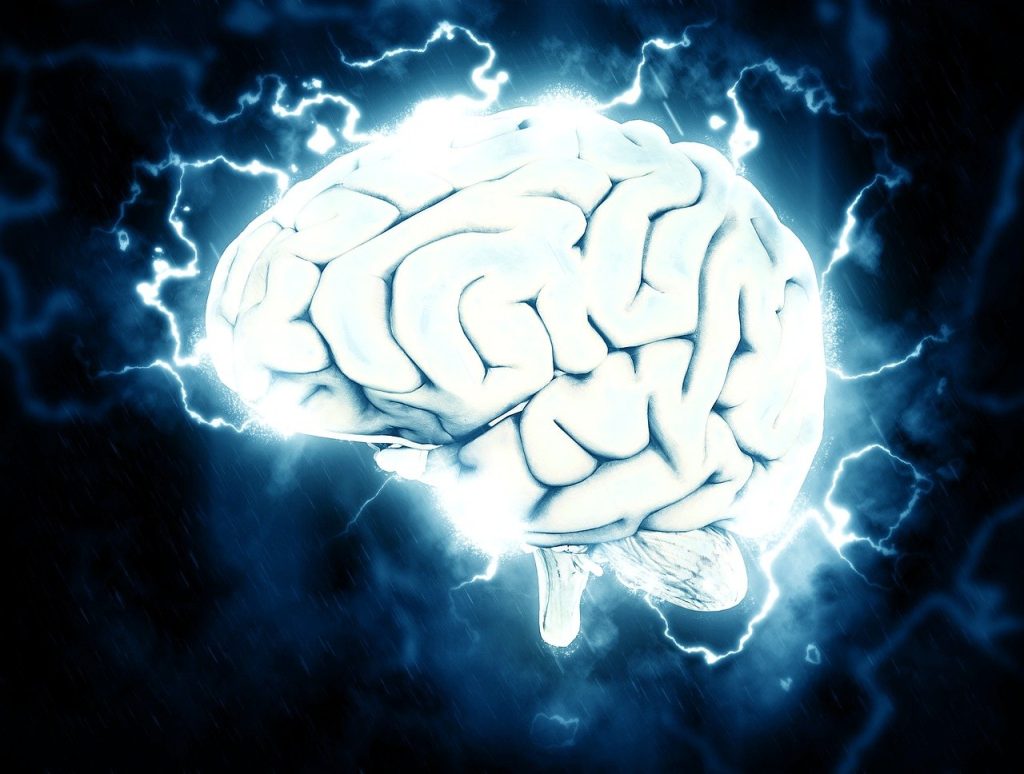Anxiety is one of the most common mental health disorders affecting millions of people worldwide. It manifests as excessive worry, fear, or apprehension, often interfering with daily life. While anxiety is typically treated by mental health professionals such as psychiatrists and psychologists, many people wonder if neurosurgeons can also play a role in managing this condition. Let us explore this question in detail.
Understanding Anxiety
Anxiety disorders are rooted in the brain’s functioning. The brain’s intricate neural networks, particularly in areas like the amygdala, hippocampus, and prefrontal cortex, play a key role in emotional regulation. Dysfunctions in these areas, often due to chemical imbalances or overactivity, can lead to heightened feelings of anxiety. Given the brain’s central role, it is natural to consider whether a neurosurgeon, a specialist in brain and nervous system disorders, can help.
The Role of a Neurosurgeon
Neurosurgeons specialize in diagnosing and treating structural and functional disorders of the brain, spine, and nervous system. Their expertise typically extends to:
- Brain tumors
- Spinal cord injuries
- Neurovascular disorders (e.g., aneurysms)
- Epilepsy
- Movement disorders (e.g., Parkinson’s disease)
While anxiety is not a structural brain disorder that requires surgical intervention, neurosurgeons can indirectly contribute to its treatment in specific circumstances.

Neurosurgery and Anxiety: The Connection
Certain conditions treated by neurosurgeons can have anxiety as a symptom or side effect. For example:
- Brain Tumors: Patients with brain tumors often experience anxiety due to the tumor’s impact on emotional regulation areas.
- Epilepsy: Surgical interventions like vagus nerve stimulation or deep brain stimulation (DBS) can alleviate anxiety in some epilepsy patients.
- Chronic Pain Disorders: Neurosurgical procedures to relieve chronic pain can reduce anxiety linked to persistent discomfort.
Advanced Neurosurgical Interventions for Anxiety
In extreme cases where anxiety is treatment-resistant, advanced neurosurgical options like Deep Brain Stimulation (DBS) or gamma knife surgery have been explored. These interventions are rare and reserved for severe cases of obsessive-compulsive disorder (OCD) or depression that do not respond to other treatments. Anxiety often coexists with these conditions, and treating the primary disorder can alleviate it.

Multidisciplinary Approach
Anxiety requires a multidisciplinary approach for effective treatment. Neurosurgeons like Dr. Alok Srivastava often collaborate with:
- Psychiatrists: To address chemical imbalances and prescribe medications.
- Psychologists: For cognitive-behavioral therapy (CBT) and counseling.
- Neurologists: To rule out underlying neurological causes.
Dr. Alok Srivastava emphasizes the importance of this collaborative approach, ensuring patients receive holistic care tailored to their unique needs.
Conclusion
While neurosurgeons are not the primary specialists for treating anxiety, they play a significant role in addressing underlying neurological or structural issues that may contribute to anxiety. For individuals dealing with anxiety, it is essential to consult a mental health professional first. However, in cases where neurological disorders are suspected, neurosurgeons like Dr. Alok Srivastava bring invaluable expertise to the table.
If you are experiencing anxiety and suspect it may be linked to a neurological condition, do not hesitate to seek professional advice. Early diagnosis and intervention can make a world of difference in your journey to recovery.



